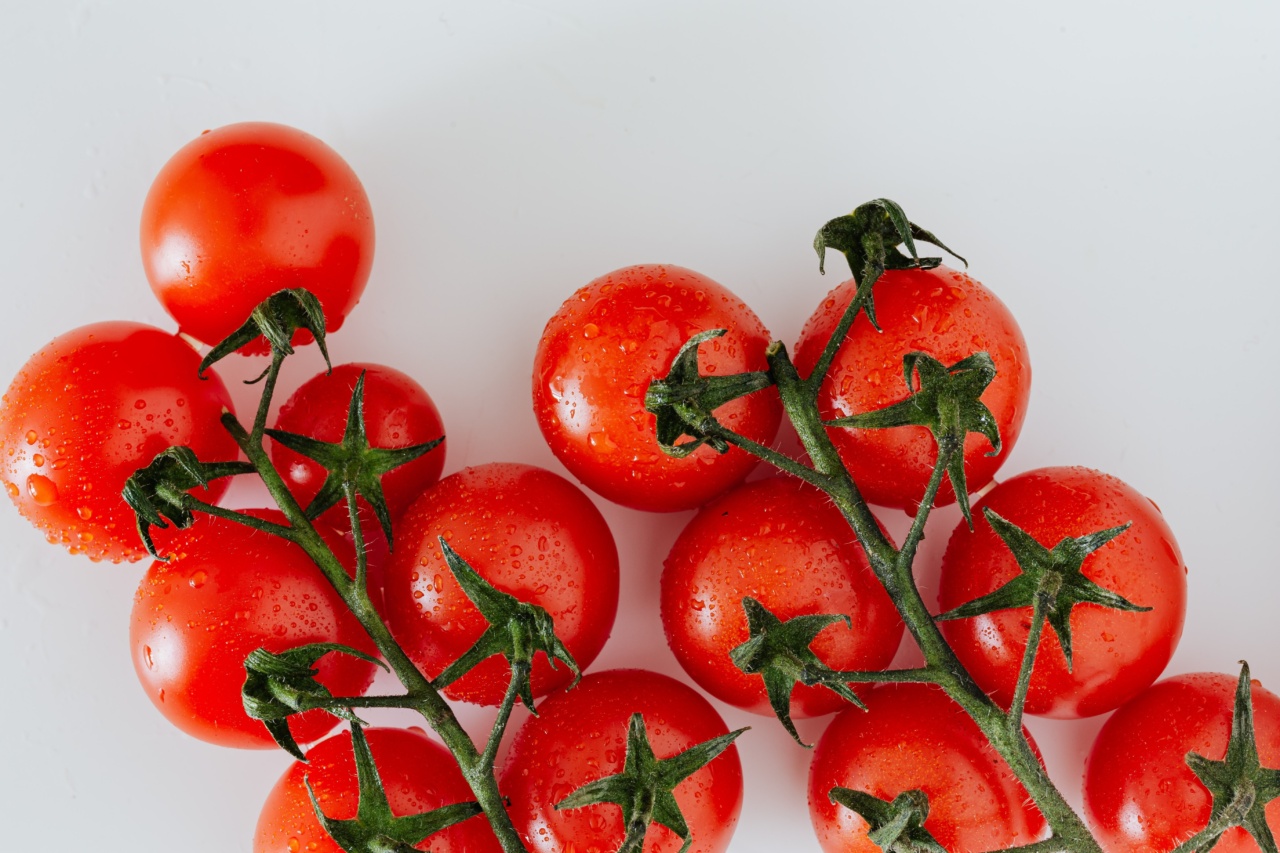Vitamin B12 is an essential nutrient that plays a crucial role in maintaining a healthy nervous system and producing red blood cells.
While it is commonly found in animal products like meat, fish, and dairy, many people following a plant-based diet may struggle to get enough of this important vitamin. Fortunately, there are several plant-based foods that are rich in vitamin B12, making it possible for vegans and vegetarians to meet their nutritional needs.
In this article, we will explore the top plant-based foods that are excellent sources of vitamin B12 and discuss why consuming these foods is essential for a balanced diet.
The Importance of Vitamin B12
Vitamin B12, also known as cobalamin, is an essential vitamin required for the proper functioning of the brain and nervous system. It is crucial for the production of DNA, red blood cells, and the synthesis of neurotransmitters.
Additionally, vitamin B12 helps in converting food into energy, promoting healthy metabolism, and supporting the overall well-being of the body.
Deficiency of vitamin B12 can lead to various health issues, including anemia, fatigue, weakness, tingling sensations in the hands and feet, and even neurological problems.
It is particularly important for those following a plant-based diet to ensure they are getting adequate amounts of vitamin B12 since it is predominantly found in animal-derived sources.
Sources of Plant-Based Vitamin B12
1. Nutritional Yeast.
Nutritional yeast is a popular choice among vegans and vegetarians due to its cheesy flavor and vitamin B12 content. It is a deactivated yeast that is often fortified with B vitamins, including vitamin B12.
Just one tablespoon of nutritional yeast can provide up to 40% of the recommended daily intake of vitamin B12.
2. Fortified Plant Milks.
Many plant-based milks, such as soy milk, almond milk, and coconut milk, are fortified with vitamin B12. Check the labels to confirm if the brand you choose has added B12.
These fortified plant milks are excellent options for those who avoid dairy or are lactose intolerant.
3. Tempeh.
Tempeh is a fermented soy product that is not only a great source of protein but also contains vitamin B12.
Including tempeh in your diet can help ensure you are getting enough of this essential nutrient while enjoying a delicious plant-based alternative to meat.
4. Algae and Seaweed.
Certain types of seaweed, such as nori, are known to contain vitamin B12. They are often consumed in Asian cuisine and can be incorporated into various dishes like sushi rolls.
Additionally, some forms of blue-green algae, such as spirulina, may also contain small amounts of vitamin B12.
5. Fortified Cereals.
Many breakfast cereals are fortified with a variety of essential nutrients, including vitamin B12. Opt for whole grain cereals that are fortified with B12 to start your day with a nutrient-packed meal.
6. Mushrooms.
While most plant-based sources of vitamin B12 are fortified, certain varieties of mushrooms naturally contain this nutrient. Specifically, shiitake and white button mushrooms have been found to contain a small amount of vitamin B12.
7. Nut and Seed Butters.
Nut and seed butters, such as almond butter, cashew butter, and sunflower seed butter, are not only delicious but also offer a decent amount of vitamin B12. Incorporate these spreads into your meals or snacks to boost your B12 intake.
8. Fermented Foods.
Some fermented foods, like sauerkraut and kimchi, can provide a small amount of vitamin B12. While the levels may not be as high as in other sources, fermented foods offer numerous other health benefits, including improved gut health and digestion.
9. Chlorella.
Chlorella is a freshwater green algae that is considered a superfood due to its rich nutrient profile. It is not only an excellent source of protein but also contains vitamin B12.
Consider adding chlorella powder or tablets to your smoothies or meals for an additional B12 boost.
10. Plant-Based B12 Supplements.
Although it is ideal to obtain nutrients from whole food sources, plant-based vitamin B12 supplements are available for those who may have difficulty meeting their daily requirements.
Consult with a healthcare professional to determine the appropriate dosage and ensure it is suitable for your specific needs.
Incorporating Vitamin B12-Rich Foods into Your Diet
Now that you know some of the best plant-based sources of vitamin B12, it’s time to start incorporating them into your balanced diet. Here are some simple ways to include these foods and maximize your vitamin B12 intake:.
– Sprinkle nutritional yeast on popcorn, pasta, or roasted vegetables for a cheesy flavor and B12 boost.
– Use fortified plant milks as a base for smoothies, cereal, or oatmeal in the mornings.
– Experiment with tempeh in stir-fries, sandwiches, or salads to add a protein-packed, vitamin B12-rich ingredient.
– Enjoy nori or other seaweed varieties in sushi rolls, salads, or as a flavorful garnish.
– Have a bowl of fortified cereal with fortified plant milk as a quick and nutritious breakfast option.
– Sauté mushrooms and use them in pasta dishes, soups, or as a plant-based alternative to meat in recipes.
– Spread nut or seed butters on whole grain bread, fruits, or vegetables for a wholesome snack.
– Include fermented foods like sauerkraut or kimchi as a side dish or condiment to enhance your vitamin B12 intake and gut health.
– Blend chlorella powder into your favorite smoothies or mix it into sauces and dressings for an added nutrient boost.
Conclusion
Getting enough vitamin B12 is crucial for overall health, especially for those following a plant-based diet. Incorporating these plant-based foods rich in vitamin B12 can help ensure you meet your nutritional needs and maintain a balanced diet.
Remember to check labels for fortification and consider talking to a healthcare professional if you have concerns about your vitamin B12 levels. With a variety of delicious options available, consuming adequate amounts of this essential nutrient is possible, even without relying on animal-derived sources.































